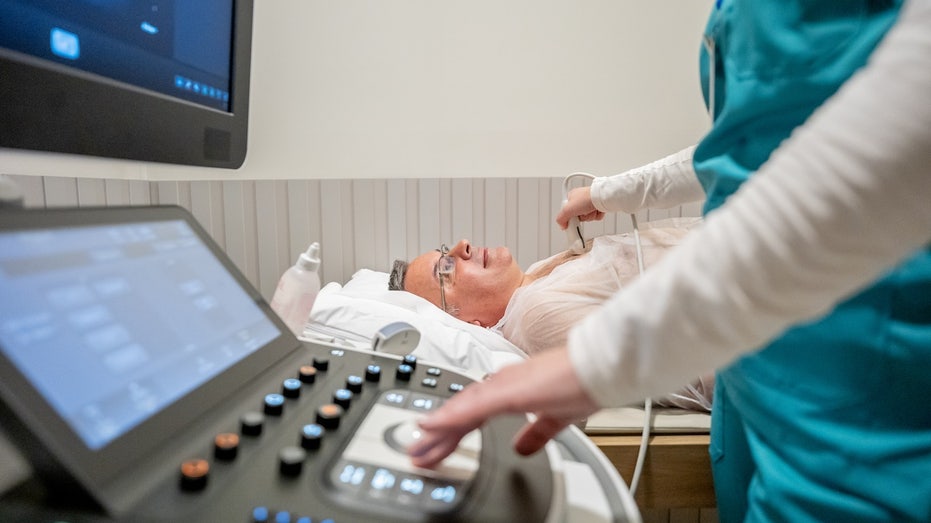Heart Disease Could Be Prevented With This One Simple Test

Sarah Johnson
March 3, 2025
Brief
The Coronary Artery Calcium (CAC) score, a quick, non-invasive CT scan, helps detect heart disease risk early, empowering patients and doctors to take preventive action.
Heart disease remains the world’s leading cause of mortality, accounting for a staggering 32% of all deaths. But the good news? There’s hope, and it comes in the form of awareness, lifestyle changes, and one particular test that could make all the difference.
The Coronary Artery Calcium (CAC) score, a specialized CT scan, is giving experts a new edge in identifying early signs of heart disease. This test measures calcium buildup in the walls of the heart’s arteries — a key marker of plaque accumulation that can lead to heart attacks, strokes, and other cardiac issues, according to Dr. Robert Segal, founder of Manhattan Cardiology. He explains, "This calcium points to the accumulation of plaque that can cause heart disease." The higher your CAC score, the greater your risk of a serious cardiac event.
For those who score a zero, it’s a sigh of relief. A zero score indicates minimal risk for heart disease. But a score above 400? That’s a red flag signaling high risk, according to Dr. Bradley Serwer, chief medical officer at VitalSolution. He emphasizes that the CAC score provides critical insights into heart health, even if you’re asymptomatic. Think of it as a crystal ball for your arteries.
The test itself is quick, non-invasive, and requires no prep. Using a low-dose CT scanner, images of the heart are processed by specialized software to produce an "Agatston score," which quantifies the amount of calcium present. It’s like having a cholesterol check for your arteries — except it’s way more high-tech.
While the CAC score isn’t as widely recognized as cholesterol or blood pressure tests, its value in predicting heart disease is gaining traction. Dr. Segal notes, "Awareness is rising as more research shows how valuable it is in forecasting cardiac disease." Early detection means patients can take preventive steps, from lifestyle changes to medications, to lower their risk.
But don’t mistake a zero score for a free pass. Dr. Segal cautions that factors like diabetes or smoking can still pose significant risks. "It’s a useful instrument to be coupled with other health evaluations," he says. Think of it as part of a broader toolkit for heart health, not a standalone solution.
For those aged 40 to 70 with risk factors like high cholesterol, high blood pressure, or a family history of heart disease, this test could be a game-changer. It’s available in most radiology departments and requires no fasting or IV contrast. However, coverage for the test varies by insurance, and Medicare doesn’t currently cover it for asymptomatic individuals.
Dr. Serwer advises patients to discuss their individual risks and the potential benefits of the CAC test with their primary care provider or cardiologist. He adds, "The earlier we can identify those at higher risk of a heart attack, the earlier we can start them on proven therapies to avoid bad outcomes."
While the test itself doesn’t guarantee a longer life, it arms doctors and patients with actionable information. And in the battle against heart disease, knowledge is power.
Topics
Editor's Comments
Here’s the thing: a test that’s fast, non-invasive, and gives you a heads-up on your risk for a heart attack? Sign me up. The CAC score feels like one of those underrated tools that should be a household name by now. But did anyone else catch the irony here? Medicare won’t cover it for people without symptoms — you know, the ones who could actually benefit from catching issues early. Classic.
Like this article? Share it with your friends!
If you find this article interesting, feel free to share it with your friends!
Thank you for your support! Sharing is the greatest encouragement for us.



